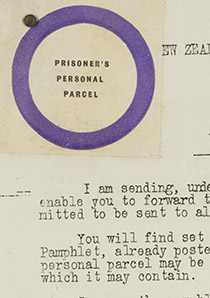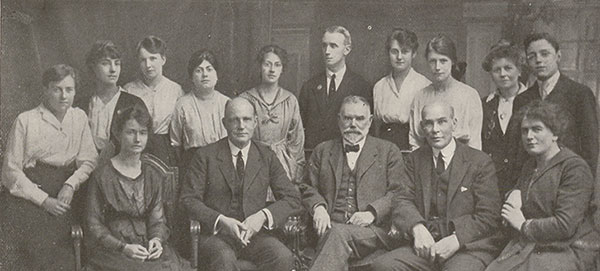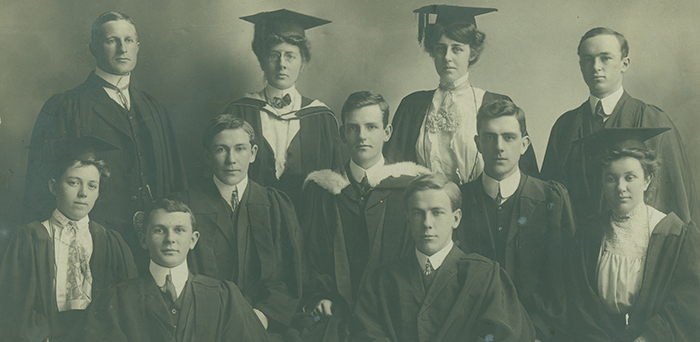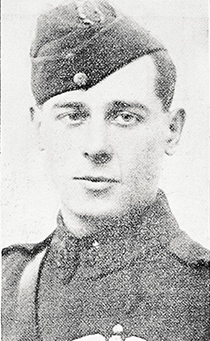
Detail from a 1918 NZ POW Department letter about parcels for Albert Jones. Jones family papers. MSS & Archives, 2014/6, 1/7. Special Collections, University of Auckland Libraries and Learning Services.
Supporting New Zealand POWs
The legal rights of POWs and the norms for their treatment were set out under the Geneva Conventions of 1864 and 1906, the Hague Convention of 1907 and other wartime bilateral agreements between belligerents. However, these were not always complied with and the millions of POWs suffered widely different conditions and fates.
The experiences of POWs could depend on numerous factors, including where and when they were detained, their nationality, whether neutral country inspection systems were in place and whether they were civilians or military. For military POWs, rank was an additional factor - `other ranks’ could be forced to work, while officers were exempt and had greater privileges.
The outside support POWs received from their own countries and families was also crucial, as was that supplied by neutral agencies, such as the International Committee of the Red Cross. New Zealanders, who counted as British POWs, were relatively well-served and could rely on external supplies of food and other comforts, some of which came from home.
From December 1916, support for New Zealand POWs was coordinated by the new, London-based New Zealand Prisoners of War Department, overseen by the New Zealand High Commissioner in London, Sir Thomas Mackenzie.
Among its wide-ranging duties, the Department vetted and despatched parcels of food, clothing and books to POWs, maintained the official register of imprisoned men, corresponded with POWs and their relatives and monitored the exchange and repatriation of prisoners.
And for POW Ellis, who was grateful for the Department-supplied cigarettes and playing cards, the unit later took on extra significance: after repatriation he married Ida Mary Mackenzie, the daughter of its head, Sir Thomas.
 Staff of the New Zealand Prisoners of War Department, London.A short sketch of the work of the New Zealand Prisoners of War Department in London … London, 1917.
Staff of the New Zealand Prisoners of War Department, London.A short sketch of the work of the New Zealand Prisoners of War Department in London … London, 1917.
Jo Birks, Special Collections







